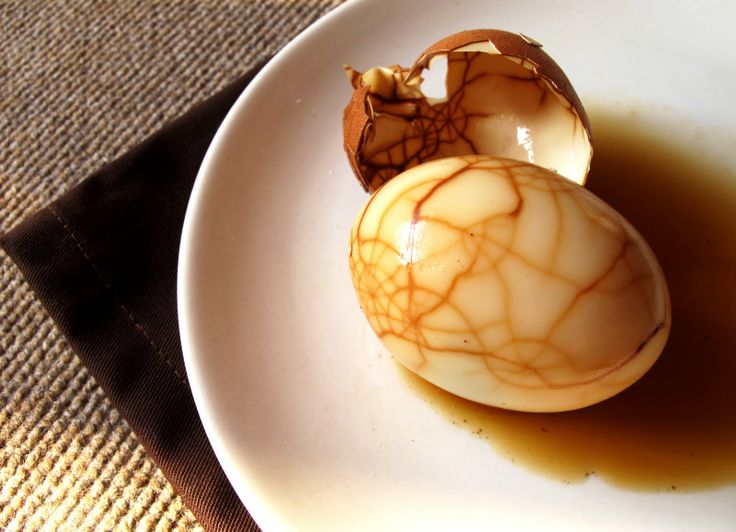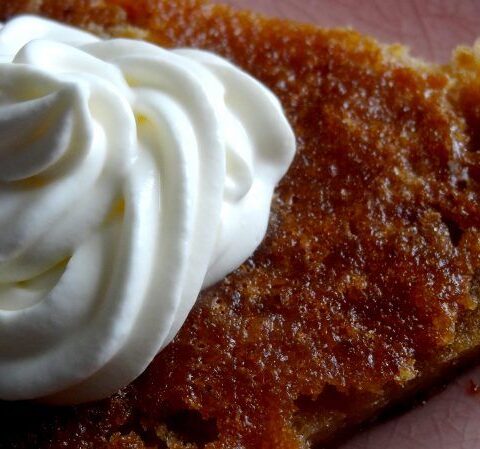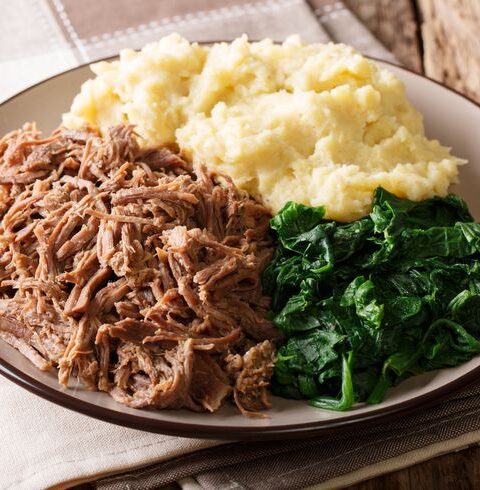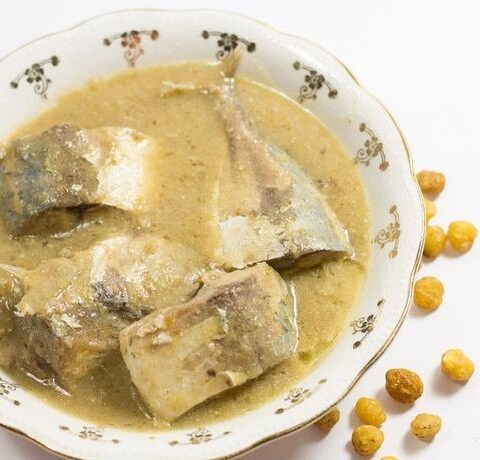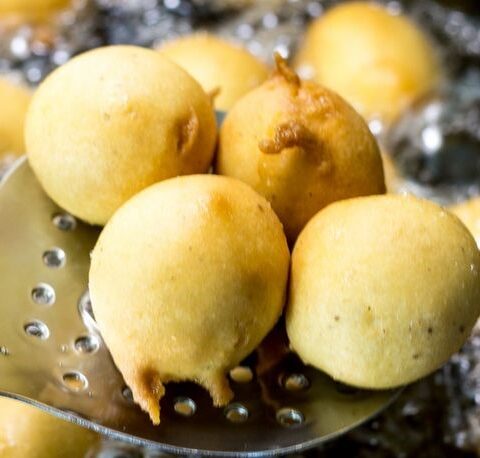1 delicious Chinese tea leaf egg, alternatively referred to as “chadayeggs” or “marbled eggs,” represents a classic Chinese delicacy. They consist of hard-boiled eggs gently cooked in a fragrant broth enriched with tea leaves, soy sauce, assorted spices, and occasionally sweeteners like sugar. The eggs undergo a slight cracking process to facilitate the infusion of the marinade, resulting in an exquisite marbled design. This esteemed dish is commonly enjoyed as a snack or starter, praised for its distinctive taste and captivating visual allure. It offers a delightful fusion of egg essence with the aromatic essence of tea and savory seasoning, making it a truly enjoyable culinary experience.
1 Delicious Chinese Tea Leaf Egg
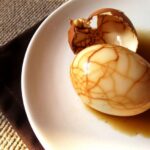
1 delicious Chinese tea leaf eggs, also recognized as “chadayeggs” or “marbled eggs,” are a revered delicacy deeply ingrained in Chinese culinary heritage. This timeless dish epitomizes both simplicity and refinement, presenting a captivating fusion of flavors and textures cherished across generations.
At their essence, Chinese tea leaf eggs showcase the art of infusion. Hard-boiled eggs, meticulously prepared, serve as the foundation for this culinary marvel. What distinguishes these eggs is the elaborate process of gently simmering them in a fragrant broth infused with a blend of ingredients. Fragrant tea leaves, robust soy sauce, and an assortment of spices combine to create the base of this exquisite marinade. Occasionally, a touch of sweetness, often sugar, is incorporated to harmonize the savory elements, elevating the dish to culinary excellence.
The allure of Chinese Tea Leaf Eggs lies in the intricate details of their preparation. Submerged in the aromatic broth, the eggs undergo a delicate cracking process, allowing the marinade to permeate the eggshell’s crevices, resulting in intricate marbled patterns that are as visually stunning as they are flavorful. Each crack tells a story of culinary finesse and meticulousness.
Once imbued with the essence of tea and spices, the eggs are transformed into a culinary masterpiece that transcends expectations. Emerging from their simmering infusion, they boast a rich, multifaceted flavor profile that enthralls the senses. The harmonious blend of savory and sweet, complemented by the subtle notes of tea and spices, creates a symphony of taste that lingers on the palate.
Chinese Tea Leaf Eggs offer more than just a culinary delight; they provide a sensory experience. From the first presentation, their enticing aroma tantalizes the senses, inviting diners on a remarkable gastronomic journey. Each bite reveals layers of complexity and nuance, leaving a lasting impression.
This revered delicacy holds a special place in Chinese cuisine, celebrated as a symbol of tradition and culinary heritage. Whether enjoyed as a snack, appetizer, or main course, Chinese Tea Leaf Eggs symbolize the rich tapestry of Chinese gastronomy.
Beyond their culinary appeal, Chinese Tea Leaf Eggs boast numerous health benefits. Eggs, renowned for their nutritional value, serve as the cornerstone of this dish, offering essential nutrients and energy. The infusion of tea introduces antioxidants and other health-promoting compounds, enhancing well-being with every bite.
In essence, Chinese Tea Leaf Eggs transcend mere culinary fare; they embody cultural significance, culinary excellence, and the artistry of Chinese cuisine. With their delectable flavor, captivating appearance, and storied history, these marbled eggs remain an enduring culinary masterpiece cherished by food enthusiasts worldwide.
- 3 cups water
- 2 tablespoons black tea leaves
- 1 tablespoon soy sauce
- 1 tablespoon black soy sauce
- 1 tablespoon tangerine zest
- 1 2-inch piece cinnamon stick
- 2 pods star anise
- 1 ¼ teaspoons salt, divided
- 8 large eggs
- In a large saucepan, combine 3 cups of water, tea leaves, soy sauce, black soy sauce, zest, cinnamon stick, star anise, and 1/4 teaspoon of salt.
- Bring the mixture to a boil, then lower the heat, cover, and let it simmer for 3 hours.
- Meanwhile, in a medium pot, place the eggs and the remaining 1 teaspoon of salt, and cover them with cold water.
- Bring the water to a boil, then reduce the heat and let the eggs simmer for 20 minutes.
- Once done, remove the pot from the heat, drain the water, and allow the eggs to cool.
- After the eggs have cooled, gently tap them with the back of a spoon to crack the shells, but do not remove them.
- Finally, remove the saucepan from the heat and add the cracked eggs.
- Let them steep for at least 8 hours, or for a more intense flavor, steep them for up to 1 1/2 days.

